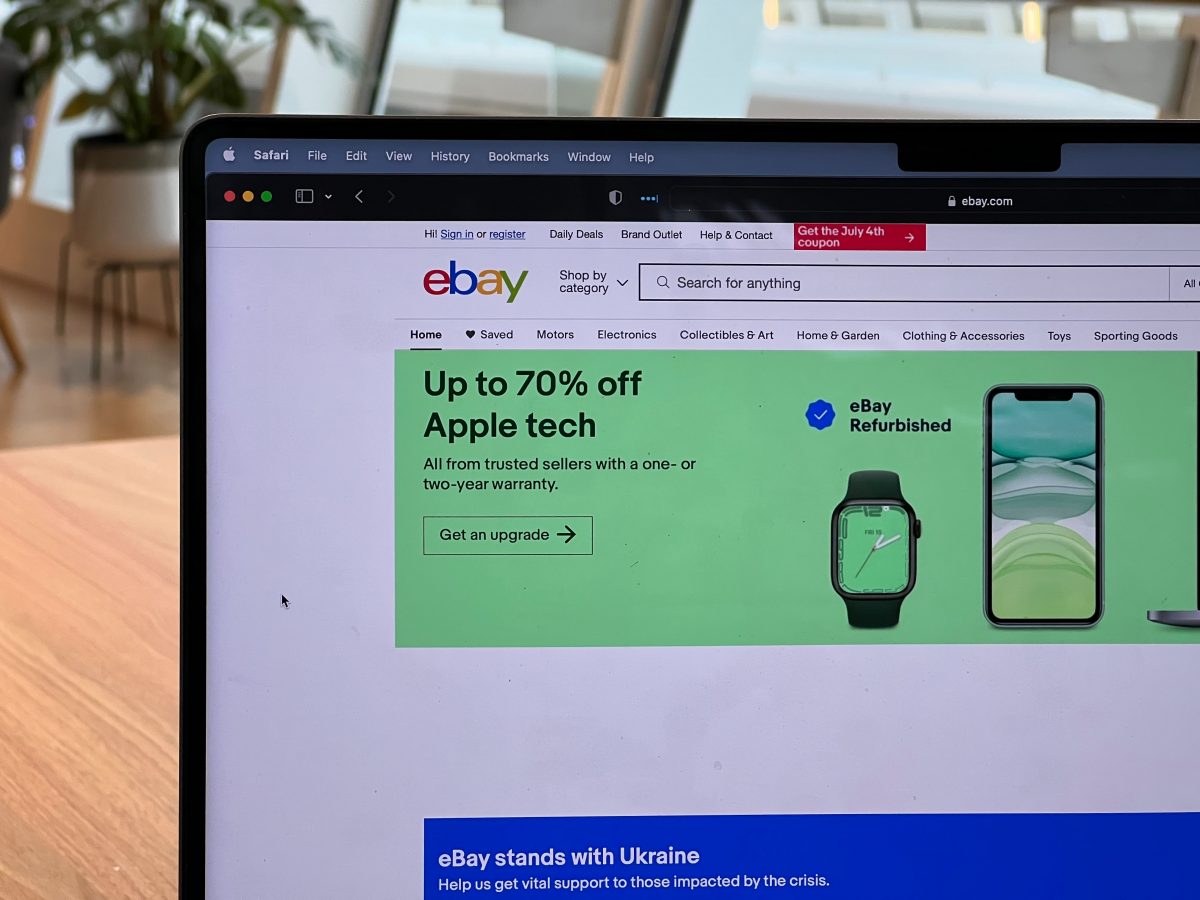Are you trying to improve your eCommerce SEO strategies but you’re unsure where to start? You’ve come to the right place. SEO for eCommerce is a marketing strategy that helps websites rank higher in search engine results pages. We’re a digital marketing agency that specialises in eCommerce SEO strategies. Below you’ll find 9 Tips To Enhance Your eCommerce SEO.
- 1. Helium 10
- 2. Spy On Your Competitors With Marketing Insight Tools
- 3. Do Your Keywords Have High Purchase Intent?
- 4. What Is The Purpose Of Your eCommerce SEO Strategy?
- 5. Who even uses Bing?
- 6. Comparison Keywords Often Convert Well
- 7. Amazon Suggested Searches
- 8. Spy On eCommerce Giants Like Amazon and eBay
- 9. Semrush - Questions Keyword Research
- 10. Consider Competition Levels Of Core Keywords
- Reach out to our agency for help
1. Helium 10
Helium 10 is a superb product research tool which is used by Amazon sellers. However, this tool can also be used by intelligent marketers who can use this data to make better decisions when it comes to their SEO strategy. For example, if you wanted to find out which categories a product lives in or the number of estimated sales on a particular product – you can. There are also other options such as How many images are being used, how many reviews and also the sales rank history. You’re able to use Helium 10 to discover the profitability and also the level of competition too. A really useful feature is the ability to download all the reviews from 1 or more products and filter out certain keywords to learn about what people do with their product.
Want help with your SEO strategy?

2. Spy On Your Competitors With Marketing Insight Tools
By using certain marketing insight tools you’re able to find a whole host of close competitors which you may not already have been able to see. For example, using Semrush – you’re able to input a website and find the closest competitors of that website based on the keywords which are ranking on Google. Once you have a list of competitors, you can run each of those competitors through the tool in turn to find even more, and so the cycle continues. Once you have your list – you’ll be able to reverse engineer the techniques that your competitors are using to get ahead with their SEO.

3. Do Your Keywords Have High Purchase Intent?
Depending on the niche, there are potentially hundreds of keywords which you could target in your eCommerce SEO strategy. However, the difficult part is knowing which terms to target first and which will bring in the greatest return on investment in the shortest time. That’s why it’s important to choose keywords with high purchase intent. By being really critical of your priority keyword list – you’ll be able to filter out the less important and only focus your finite SEO budget on the core areas that will see the biggest increase in revenue.
Free website review

4. What Is The Purpose Of Your eCommerce SEO Strategy?
You must ask yourself – what is the real purpose of my SEO campaign. Is it to drive sales? Is it to drive data? Consider that not all keywords should be about driving sales. Certain keywords will sit within the funnel at different stages and not all keywords deserve to have the full sales push. Often, for keywords and landing pages which target research terms – the best outcome in that scenario would be to gather your customers data. That way, you’ll be able to market to them at a later date and with a lot less budget required.
5. Who even uses Bing?
Do you ever ask yourself, who uses Bing? Well you might be surprised. There are a growing number of users on Bing and searches on Bing daily are rising fast. When was the last time you checked your analytics report for SEO traffic coming from Bing? This data can help to inform on potential future Paid campaigns using Microsoft Ads and you can further improve your rankings within Bing Webmaster Tools.
Want help with your SEO strategy?
6. Comparison Keywords Often Convert Well
As we all know, there are certain keywords which fall into the research bracket and they can often be considered as less likely to convert. However, there are certain research terms which can be considered to be important, high intent and people that are ready to purchase. These keywords include phrases that compare 1 specific product to another specific product. At this stage, the buyer is looking to purchase 1 of 2 products when they’re in their final stage of research before looking to buy. Marketers who focus their time and effort on these kinds of keywords are likely to be successful.

7. Amazon Suggested Searches
Despite it being pretty evident to everybody that Amazon is the king of eCommerce – do marketing teams really learn from them as much as they should? I think not. Using the Amazon suggested keywords can really help to bring to light new fresh keywords that are heavily searched. A simple search like “socks” will reveal keywords such as: “socks men”, “socks women”, “socks men 9-12”, “socks womens 4-7”, “socks men 6-11” ect. These variations will certainly come in handy when attempting to rank for this type of product.
Want help with your PPC strategy?

8. Spy On eCommerce Giants Like Amazon and eBay
The leaders in eCommerce are pretty obvious. Amazon and eBay have been leading the lines for a long time now. Copying their best practices can help your ecommerce store get off the ground in no time. Consider spending time to analyse the way that these ecommerce giants structure their categories. Take a look at the URL structures, how they unfold and how do they optimise them for success. When trying to grow an online store – even being able to match the competition is the first step.

9. Semrush - Questions Keyword Research
There are a number of different SEO tools available. Our personal favourite is Semrush and their Keyword Magic Tool. Not only does this tool allow you to input a seed keyword and see other relevant keywords, but there is a dedicated section which generates a list of questions. These questions can be used as ideas for blog content and are perfect for those longer tail terms.
Want help with your SEO strategy?
10. Consider Competition Levels Of Core Keywords
Deciding which keywords are the highest priority and selecting where to begin can be a challenge. Lucky there are data points which can help you make that decision. Google Keyword Planner and tools like Semrush provide a competition level. This allows us marketers to prioritise based on the level of competition and the likelihood that we can actually rank for that term. Consider the following: High intent, high search volume and low competition.
Reach out to our agency for help
Our SEO Agency Derby team has extensive knowledge of various PPC strategies. Reach out to us if your business needs help. Our services include various Marketing Channels such as SEO, PPC, Email Marketing, and Social Media Ads.




